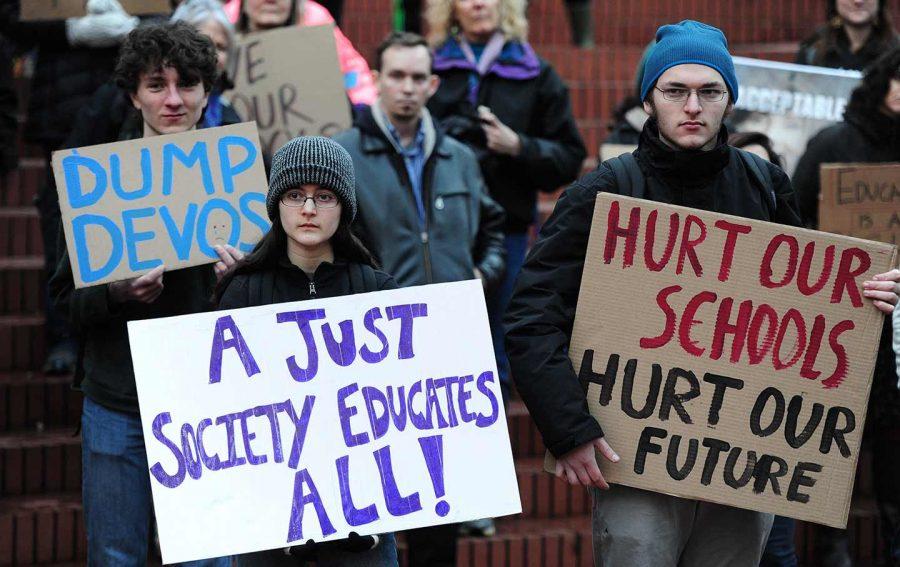You caused charter school corruption, so stop whining
Opinion: You've elected and re-elected individuals who built a system that some of them can use to get rich. On your money.
Eddie Farnsworth makes no apologies. And he shouldn’t.
Farnsworth is the Republican legislator who is making millions for himself by cleverly using taxpayer dollars available by way of Arizona’s corrupt charter school system.
It is a system that allows charter operators like Farnsworth to use taxpayer money to build their private businesses and then turn themselves into millionaires doing things that would send regular public school administrators to prison.
The lawmaker/millionaire said last week in the most smugly sanctimonious way:
"I make no apologies for being successful.”
No apologies...none necessary
Nor should he.
It is not Farnsworth’s fault that he was elected to the Arizona Legislature.
It is not his fault that he supports laws allowing charter school operators to scoop buckets of cash from the public treasury and stuff the bills into their own pockets.
It is not his fault that Republicans fashioned laws creating strict procurement and conflict-of-interest rules for regular public school administrators but made charter school operators, like Farnsworth, exempt.
It is not Farnsworth’s fault that the Arizona State Board of Charter schools approved the transfer of his for-profit charter-school operation to a non-profit company, a move The Arizona Republic’s Craig Harris reported will make Farnsworth something between roughly $12 million and $30 million.
It is not Farnsworth’s fault that he and many other individuals, including other legislators, have used Arizona’s fast and loose charter school rules to raid the state’s cookie jar for personal gain.
That’s why someone like Farnsworth is so comfortable saying in the most holier-than-thou self-righteous manner, “I make no apologies for being successful.”
Believe me when I tell you that this is…Not. His. Fault.
It’s yours.
Farnsworth has been getting elected for roughly 20 years. If you didn’t like what was being done – or not done – at the Legislature when it came to charter schools, you could have voted him out.
You didn’t.
You had your chance to stop it
The same is true of Gov. Doug Ducey and other lawmakers.
For quite some time The Republic has been outlining the flaws and outright abuses of Continue reading: You caused charter school corruption, so stop whining









